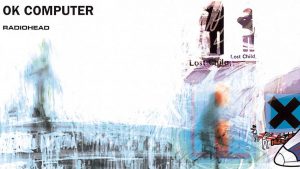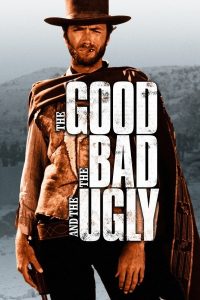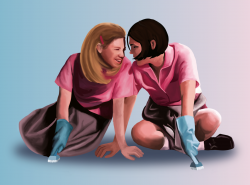It’s that time of year again: trees are decorated, toys are marketed, lights are strung, and I want to watch A Christmas Story. The 1983 film, directed by Bob Clark and written by Jean Shepherd, has long been a yearly tradition in my family: every December, over the complaints of my mom and sister, my dad and I gleefully insist on revisiting Ralphie and his quest for an “official Red Ryder Carbine-Action Two-Hundred-Shot Range Model Air Rifle.”
The story opens in early December, with “present-day” Ralphie narrating. Ralphie, whose 1940s world is delightfully free of finals, is checking out the new window displays in Hohman, Indiana, when he sees it: the holy grail of Christmas gifts, the air rifle. In that moment, Ralphie takes on the task of a lifetime — how will he persuade his safety-conscious mother into buying him such a dangerous toy? Ralphie is not a Christmas novice; he campaigns hard, leaving pictures of the gun on her bed, writing essays about it in class, and even appealing to Santa himself. Each time, he is met with the same refrain: “you’ll shoot your eye out!”
Ralphie’s world is as classic Americana as they come. His mother, played by Melinda Dillon, frets nervously over his brother Randy’s coat and scolds his father, played by Darren McGavin, for lingering too long by the Christmas turkey. Ralphie’s old man grumbles over football and idly threatens to give Randy, played by Ian Petrella, “something to cry about.” Ralphie’s friends Flick and Schwartz, played by Scott Schwartz and R. D. Robb, respectively, trade double-dog dares and help Ralphie avoid the schoolyard bullies. As we watch Ralphie, played by Peter Billingsley, navigate this idealized existence, Jean Shepherd narrates as adult Ralphie, his mature voice clashing humorously with the decidedly childish nature of his words. Some viewers may wince at the film’s decided glossing over of the social issues of the day, but Shepherd’s narration makes it clear that the world present-day Ralphie reflects on is imagined, mostly a figment of the narrator’s nostalgia.
Practically every scene in this movie is iconic. Who has not seen a fishnet-legged lamp for sale in SkyMall and for an instant considered ordering it? Ralphie’s father’s “Major Award” is now an integral part of American culture, and remains to this day a symbol of “electric sex.” Who can avoid cringing at the classic line “only I didn’t say fudge”? As a kid, I bristled at the injustice of Ralphie being punished for a word his father — and my parents, if we’re being honest — used regularly. And, of course, who didn’t witness (spoiler alert) Flick freezing his tongue to the flagpole without having the morbid curiosity to try it themselves?
The movie is 23 years old, but it still has the power to make audiences today laugh. It remains so relevant because of its ability to combine the awkwardness and drama of being nine with the warmth and joy of the holidays. We are all Ralphie, reluctantly wearing his Easter Bunny suit, and we all hope to be as content as he is, sleeping peacefully Christmas night, cuddling his long-awaited air rifle. That balance is why I, among many others, will keep returning to Cleveland Street for every December to come.





